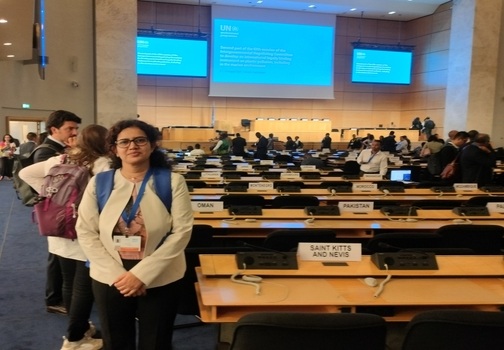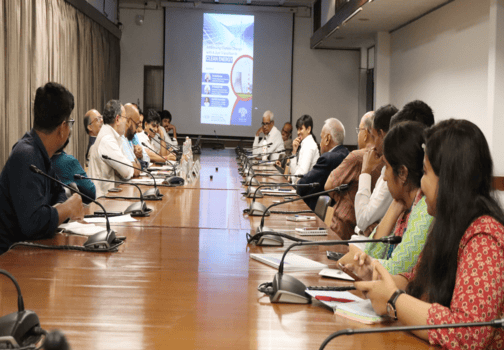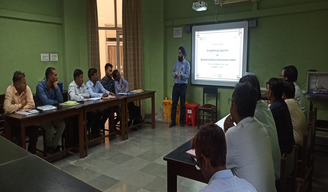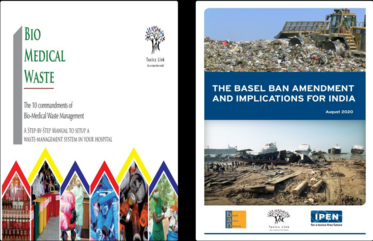Time to Reboot III

Title: Time to Reboot III
Publication Type: Research Reports
Year of Publication: 2019
Abstract:E-waste is one of most crucial waste issues globally. Its increasing volumes, along with toxicity concerns has been a cause for concern since last couple of decades. In a developing country like India, the concern is heightened because more than 85-90% of this waste is recycled in the informal sector, where use of crude technology leads to health and environmental risks.
E-waste rules in 2011 (revised E-waste Rules 2016) brought in the Extended Producer Responsibility (EPR) as a key principle to reduce some of these risks. Under EPR, the Producers or the brands selling electronic and electrical equipment are meant to set up takeback system, create awareness among consumers and ensure that e-waste is collected and treated in an appropriate manner.
Time to Reboot III assess 54 major electrical and electronic brands in India on the waters of Extended Producer Responsibility. The third report in the ‘Time to Reboot’ series, like the earlier ones, go beyond the legal mandates and also assesses some parameters from consumer perspective. Based on their performances, the Producers or the companies have been grouped into 4 categories, namely, Green, Blue, Yellow and Red- with Green as best and Red as worst. The study report also comes out with some recommendations to improve compliance and the systems on ground.
Though the battery constituents have changed overtime and there have been attempts globally to make these less hazardous, it still has toxic materials and needs to be carefully managed. The current study indicates that the volume of small battery waste is huge in the country and it is unmanaged. Framework of Solid waste management, which included these small batteries as household hazardous waste, has failed to address the issue and there has been no collection or recycling infrastructure triggered by the policy.
Are you aware that those non-woven bags widely available in the market are also plastic bags? Ironically all markets where single-use plastic is banned are being swamped with these NW bags creating a huge confusion in the perception of consumers.Read Toxics Link’s new study ‘Environmental illusion The non-woven bag’ to find out the reality.









